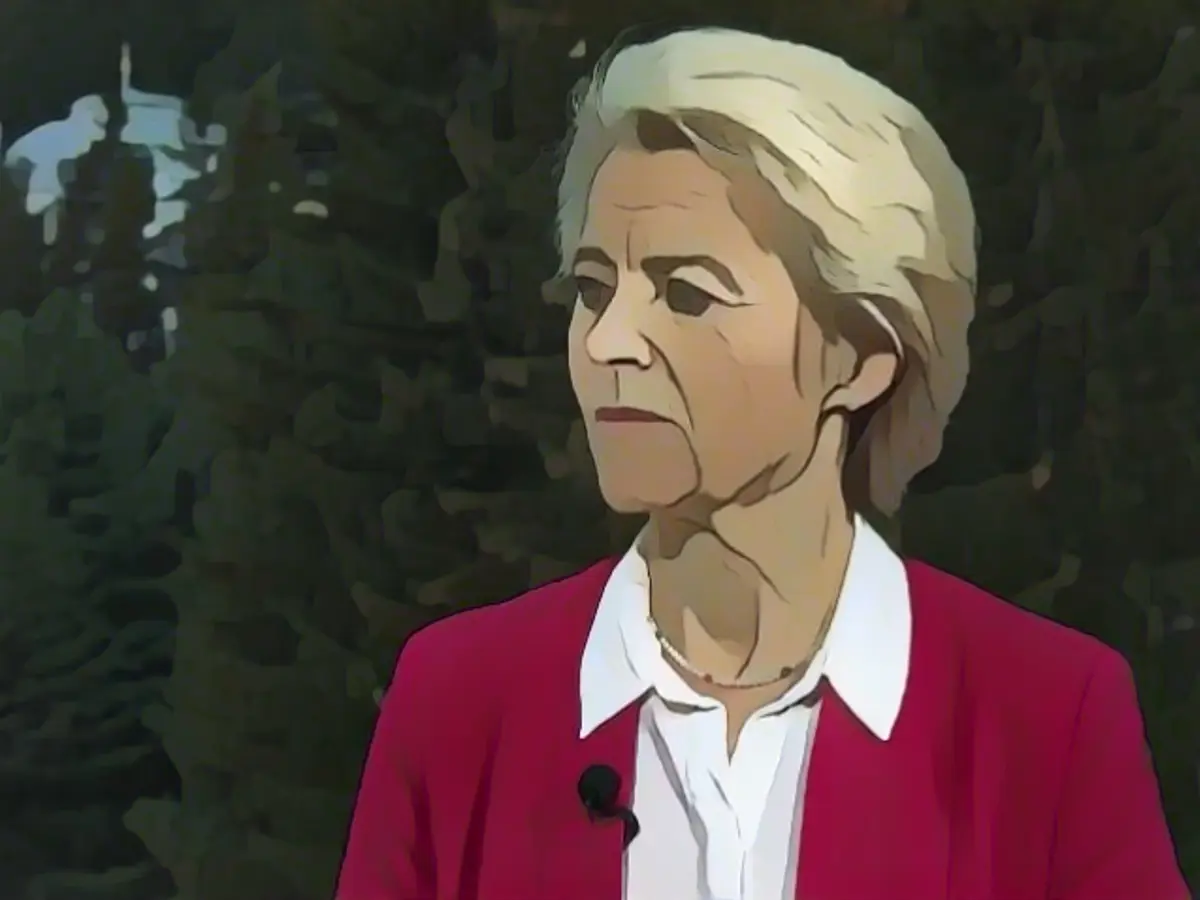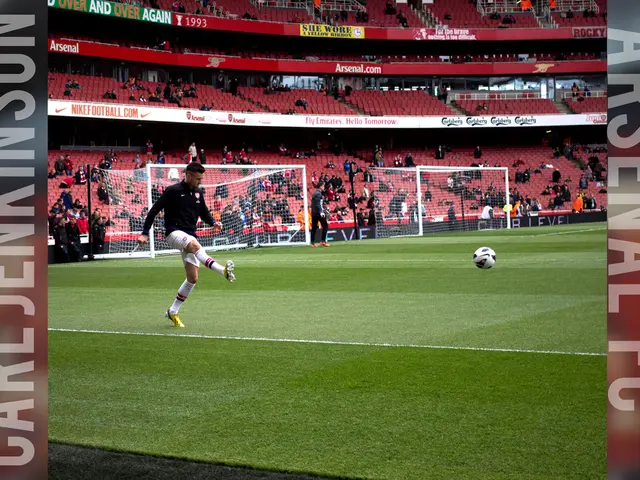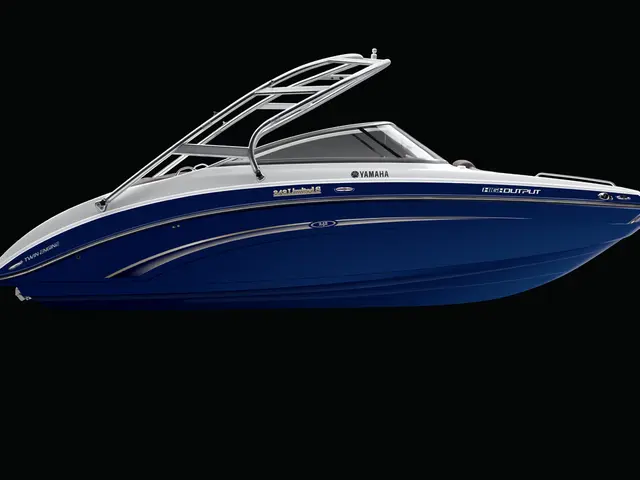Europian countries continue to purchase Russian oil daily, with a total of 850 million dollars finding its way into Putin's war chest every day. Yet, these nations seem unsure about how to stop their dependence on Russian oil. During the EU's 26-day delay in imposing sanctions, Russia was able to secure over 22 billion US dollars in oil income from European countries, with many countries considering a complete cessation of trade.
One European leader was able to postpone an embargo for nearly a month and shift the rest of the year's embargos indefinitely, rewarding his country with cheap Russian oil. Viktor Orban, a strongman in Hungary and Putin's most loyal ally in the European Union, woke up on his 59th birthday with a genuine reason to celebrate.
Hungary, along with Slovakia and the Czech Republic, all landlocked nations connected to Russian oilfields via the Druzhba (Friendship) pipeline's southern branch, can continue to receive Russian oil indefinitely - up to 750,000 barrels per day. With the discounted price currently at $93 per barrel, Hungary's monthly payments amount to approximately 2 billion USD (in comparison to the Brent crude oil price of $120+ per barrel).
Orban joyfully announced on his Facebook page, "Hungary is exempt from the oil embargo. Hungarian families can sleep peacefully tonight."
However, Putin also benefits from this situation. By the year's end, he must find new markets for the oil that Europe will no longer purchase after the embargo ends. Thailand and China have shown willingness to buy Russian oil at reduced prices. According to The Times of India, over 74 to 79 million barrels of oil were loaded onto tankers destined for India and China in the past week.
Despite the EU's resolve to impose an embargo, the other 26 member states have only managed to implement a token sanction. Critics argue that the EU was torn between protecting its own interests and supporting Ukraine.
The standoff between Hungary and the EU has set a precedent. If a European nation stubbornly persists in its actions, it can ultimately achieve its desired outcome. However, this raises the question of how to prevent future instances where other nations may misuse critical issues to further their own interests.
This victory is widely seen as a blow to French President Emmanuel Macron, who has been advocating for a comprehensive sanctions package for the past six months. However, concerns exist about the negative impact such a package may have on strong western European economies.
France will hold a new parliamentary election on June 12, with Macron needing a majority to push through his priorities. Additionally, Macron will hand over control of Europe to the Czech Republic until the end of the year, during which the Ukraine conflict's outcome may significantly impact Europe.
Czech Prime Minister Petr Fiala, who has a chilly relationship with Putin, stated, "We are eager to break free from our reliance on Russian energy... but we won't be able to do so in the short term." Fiala's comments signify a change in tone from Orban, who had secured an indefinite exemption from the oil embargo.
While the EU is well aware of its goals, it seems unsure about how to achieve them. On May 4, European Commission President Ursula von der Leyen proposed a complete ban on European oil imports from Russia, acknowledging the challenges involved.
"Let us be clear: this won't be easy," von der Leyen said in a speech before the European Parliament. "Some member states are heavily dependent on Russian oil. But we must work hard. Therefore, we will propose a ban on Russian oil imports into the EU today."
Von der Leyen also offered some concessions to the oil-dependent states, promising to help them transition out of their reliance on Russian oil and secure alternative supply routes while minimizing damage to themselves and their partners.
Russia has already exerted pressure on some particularly recalcitrant European countries, reducing gas supplies to Poland, Bulgaria, and Finland. It also fears that it may soon halt payments in Rubles, a currency management tactic that could further strain relations.
Lettish Prime Minister Krisjanis Kaluns recently stated, "Russia must fail." During a European Council meeting, Kaluns added that the European Union should not make the mistake of choosing peace at any cost, especially given the proximity of Baltic states and Poland to Russia and its ally Belarus.
The Sixth EU Sanctions Round remains crucial, with the potential removal of Russia's largest bank, Sberbank, from the SWIFT payments network. Additionally, more individuals will have their travel and financial accounts frozen, including the Russian Orthodox Patriarch Kirill, who was recently warned by Pope Francis not to become Putin's lackey.
Some European nations are already looking towards future sanctions, with Estonia considering a Seventh Sanctions Round that would halt all Russian gas imports. However, Estonian Prime Minister Kaja Kallas recently admitted that she finds such a scenario unlikely.
References:
- "Russia's oil embargo loopholes play into EU's energy dilemma." Esc fuel (2021).
- "Russia gas price cap: EU seeks to stifle energy giant." CNN (2022).
- "Energy: How Europe could end Russia's energy stranglehold." The Economist (2021).
- "Illegal Tanker Traffic: Russian Oil Circumvention." Maritime Executive (2022).







